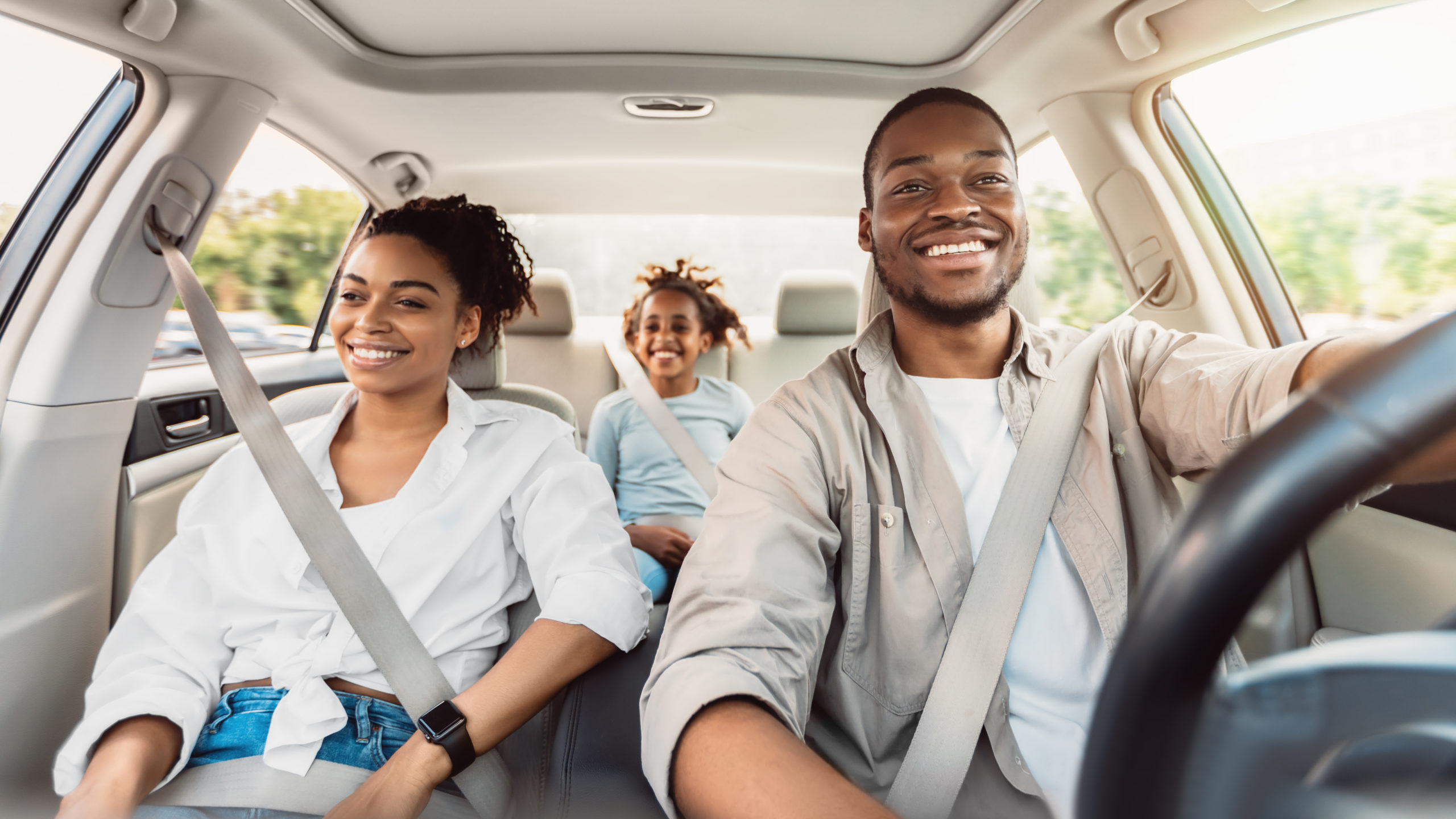
Enjoy your next summer road trip by following these tips for avoiding car sickness.
Traveling by car has become a popular vacation ritual during the pandemic. This mode of transportation makes it less likely you’ll come into contact with COVID-19 and puts you in the driver seat—literally—for controlling your risk of getting sick. But what if the very act of sitting in a car makes you sick? That can take the fun out of the whole vacation.
If you or the kids feel nauseous, queasy or dizzy while traveling, motion sickness is likely to blame. These symptoms occur when what your eyes see and what your body feels are not the same. Car sickness mostly affects kids, since they sit in the back seat and play video games, watch movies or read instead of looking out the window. But anyone can feel sick when riding in a car, especially if you get migraines or are pregnant.
Car sickness is not a reason to stay home. Here are 9 tips to help you feel better on your next road trip:
-
-
- Don’t eat spicy, greasy or fatty foods. Also don’t eat or drink too much. But don’t travel on an empty stomach, either.
- Bring snacks in the car. Eat a snack every couple of hours to keep your stomach from feeling empty, but avoid foods with strong odors or tastes. Stick to bland snacks, such as dry crackers.
- Drink ginger ale. Ginger helps reduce feelings of nausea.
- Sit in the front seat. Look out the front window and keep your gaze fixed on the horizon to help regulate your equilibrium. Children in the back seat should be encouraged to look out the window, too.
- Don’t read or watch a movie. Your eyes will only be focused on what’s right in front of you but your body will feel the movements of the car. Differences between what you see and the motion you feel can make you feel sick.
- Breathe fresh air. Open vents, turn on the air conditioning or crack open a window. Stop the car and walk around for a few minutes, if needed.
- Find distractions. Talk, sing songs or listen to music to keep your mind off of how you feel.
- Try wristbands. Special bands that apply pressure to the inner arm, about an inch and a half above the wrist, may help control nausea. These can be tried for sea sickness, too.
- Use medication. Over-the-counter medicines such as Dramamine and Bonine can help reduce symptoms of car sickness, but they may make you sleepy. Check labels if giving medication to kids and don’t take if driving. Be aware that some medications should be taken the night before you travel.
-
Copyright 2016-2022 © Baldwin Publishing, Inc. All rights reserved.
Health eCooking® is a registered trademark of Baldwin Publishing, Inc. Cook eKitchen™ is a designated trademark of Baldwin Publishing, Inc. Any duplication or distribution of the information contained herein without the express approval of Baldwin Publishing, Inc. is strictly prohibited.
Date Last Reviewed: April 12, 2022
Editorial Review: Andrea Cohen, Editorial Director, Baldwin Publishing, Inc. Contact Editor
Medical Review: Perry Pitkow, MD
Learn more about Baldwin Publishing Inc. editorial policy, privacy policy, ADA compliance and sponsorship policy.
No information provided by Baldwin Publishing, Inc. in any article is a substitute for medical advice or treatment for any medical condition. Baldwin Publishing, Inc. strongly suggests that you use this information in consultation with your doctor or other health professional. Use or viewing of any Baldwin Publishing, Inc. article signifies your understanding and agreement to the disclaimer and acceptance of these terms of use.